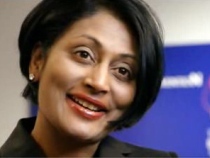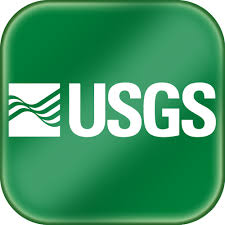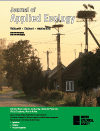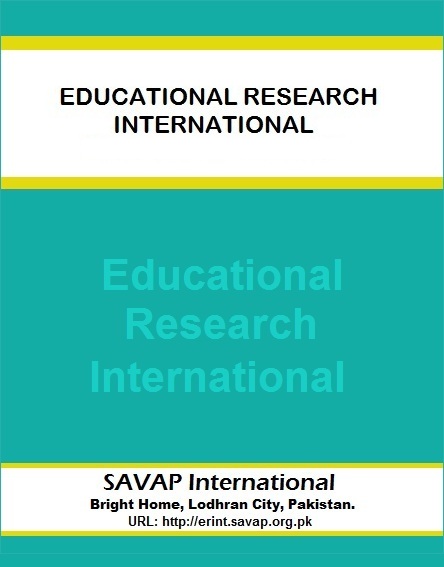
On Tuesday, lawyers representing both sides of the ongoing suit filed by a scientist against PubPeer commenters appeared in court, alleging their criticisms of his work cost him a new job at the University of Mississippi.
In the case described as “FAZLUL SARKAR V JOHN DOE,” lawyers representing PubPeer, Sarkar, and the anonymous commenter at the heart of the case spoke before two judges (one was absent). As the case now stands, a judge has ruled that all but one of the commenters can remain anonymous, and PubPeer has filed an appeal, earning the support of the American Civil Liberties Union (ACLU), as well as Google and Twitter.
According to one of the attorneys representing PubPeer, Alex Abdo at the ACLU, things proceeded as expected. Their main argument, he said, was: Continue reading Sarkar vs. John Doe: What happened at this week’s hearing involving PubPeer

 The University of Cologne has conducted an investigation into the research of Tina Wenz, and determined that six papers should be pulled due to scientific misconduct.
The University of Cologne has conducted an investigation into the research of Tina Wenz, and determined that six papers should be pulled due to scientific misconduct. A U.S. Congressional subcommittee is investigating two cases of fraud affecting one Colorado lab run by the U.S. Geological Survey (USGS).
A U.S. Congressional subcommittee is investigating two cases of fraud affecting one Colorado lab run by the U.S. Geological Survey (USGS).



 Here’s something we haven’t seen before: A journal is asking tipsters to pay a fee to investigate a paper.
Here’s something we haven’t seen before: A journal is asking tipsters to pay a fee to investigate a paper.